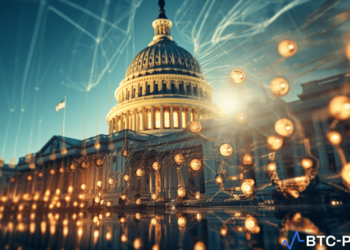MAS Response to Criticism
Responding to a critical letter published in the Financial Times that decried the perceived lack of oversight and public consultation on crypto adoption, MAS clarified that Singapore operates a sandbox that fosters a wide array of FinTech experiments, not specifically a “crypto sandbox.” The letter had accused the Singapore government of “unwisely” allowing crypto companies to access the country’s FAST interbank payment system.
MAS debunked this, highlighting that any business with a legitimate bank account, including crypto businesses, has the right to access the FAST system. It stressed that transactions through FAST are executed in fiat currencies, not cryptocurrencies.
Strengthening Anti-Money Laundering Controls
Singapore is committed to fighting money laundering effectively by awarding operational licenses to crypto enterprises that demonstrate strong Anti-Money Laundering (AML) protocols. MAS announced, “As these measures are progressively implemented from the end of this year onwards, Singapore will have one of the strictest regulatory regimes in the world governing retail access to cryptocurrencies.”
To facilitate this, MAS recently sought public opinions on a series of regulatory actions designed to reduce the risks cryptocurrencies pose to retail clients.
Future Under New Leadership
The election of Tharman Shanmugaratnam as the new president, a personality who previously regarded crypto assets as volatile and risky investments during his tenure as the MAS chair, signals a cautious approach to cryptocurrency in Singapore’s future.
In his past role, Shanmugaratnam had cautioned Singapore-based users about the “highly volatile” nature of crypto assets and their associated investment risks in 2021.
Conclusion
While reacting to criticism, MAS has categorically dismissed links between cryptocurrencies and increasing malware scams in Singapore, emphasizing more issues in the fiat economy. It remains committed to fostering innovation through its FinTech Regulatory Sandbox while upholding stringent regulatory standards to protect consumers and maintain financial stability in the burgeoning crypto market.










